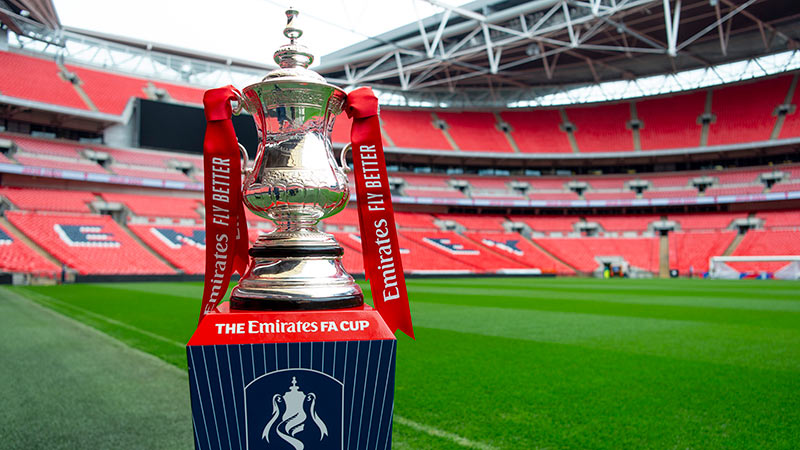Bertie Auld: The quick-witted Lisbon Lion who helped Celtic conquer Europe
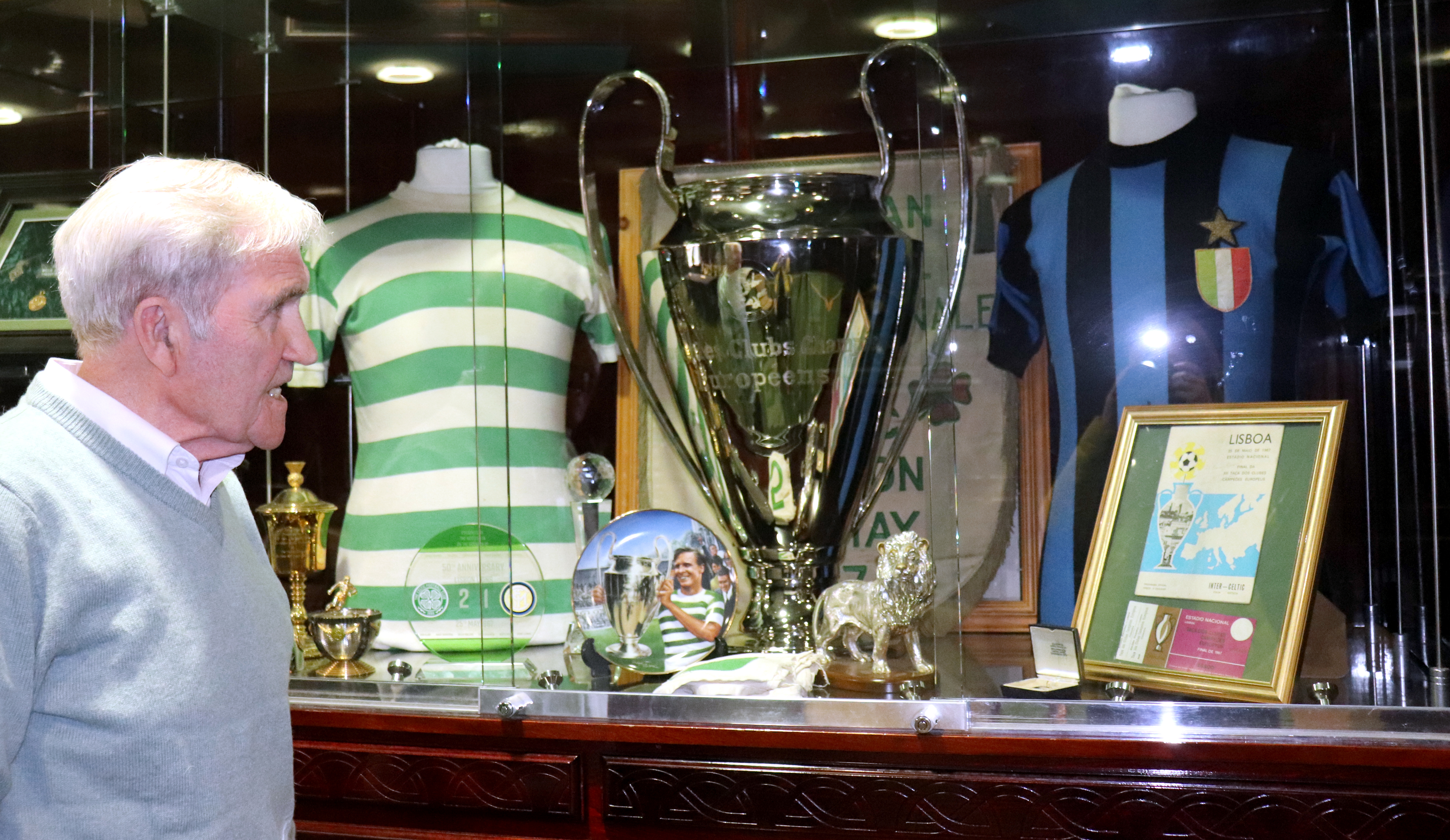
The only thing sharper than Bertie Auld’s tackling was his wit.
The former Celtic midfielder – who has died aged 83 – was the man who provided the steel to Jock Stein’s band of swashbuckling Scots as the Lisbon Lions conquered Europe.
But Bertie, or Ten-Thirty as he was known to his team-mates, was not some brooding thug, snarling sinister threats as he put the boot in.
Everyone at #CelticFC is devastated to hear of the passing of Lisbon Lion, Bertie Auld and our thoughts and prayers are with his family at this sad time.— Celtic Football Club (@CelticFC) November 14, 2021
It was with his tongue that Auld would cause the most damage as he left his opponents stuttering in search of a retort.
Few escaped a verbal lashing from this master of the one-liner. During an Old Firm clash, Rangers captain John Greig defender asked Auld what bonus the Celtic team could expect for a win. When the Hoops player said £5 a man, Greig replied: “We’re on £10”. But that only left the door open for Auld to hit back: “Aye, but ours is guaranteed.”
His taunts were usually quickly soothed by a flash of his trademark toothy grin to show no hard feelings were meant.
Born in March 1938, he was the eldest son of eight children born to his father Joe, a crane driver, and mother Margaret, who would attempt to make ends meet by selling fish and fruit from the back of a horse-led cart.
Get FourFourTwo Newsletter
The best features, fun and footballing quizzes, straight to your inbox every week.
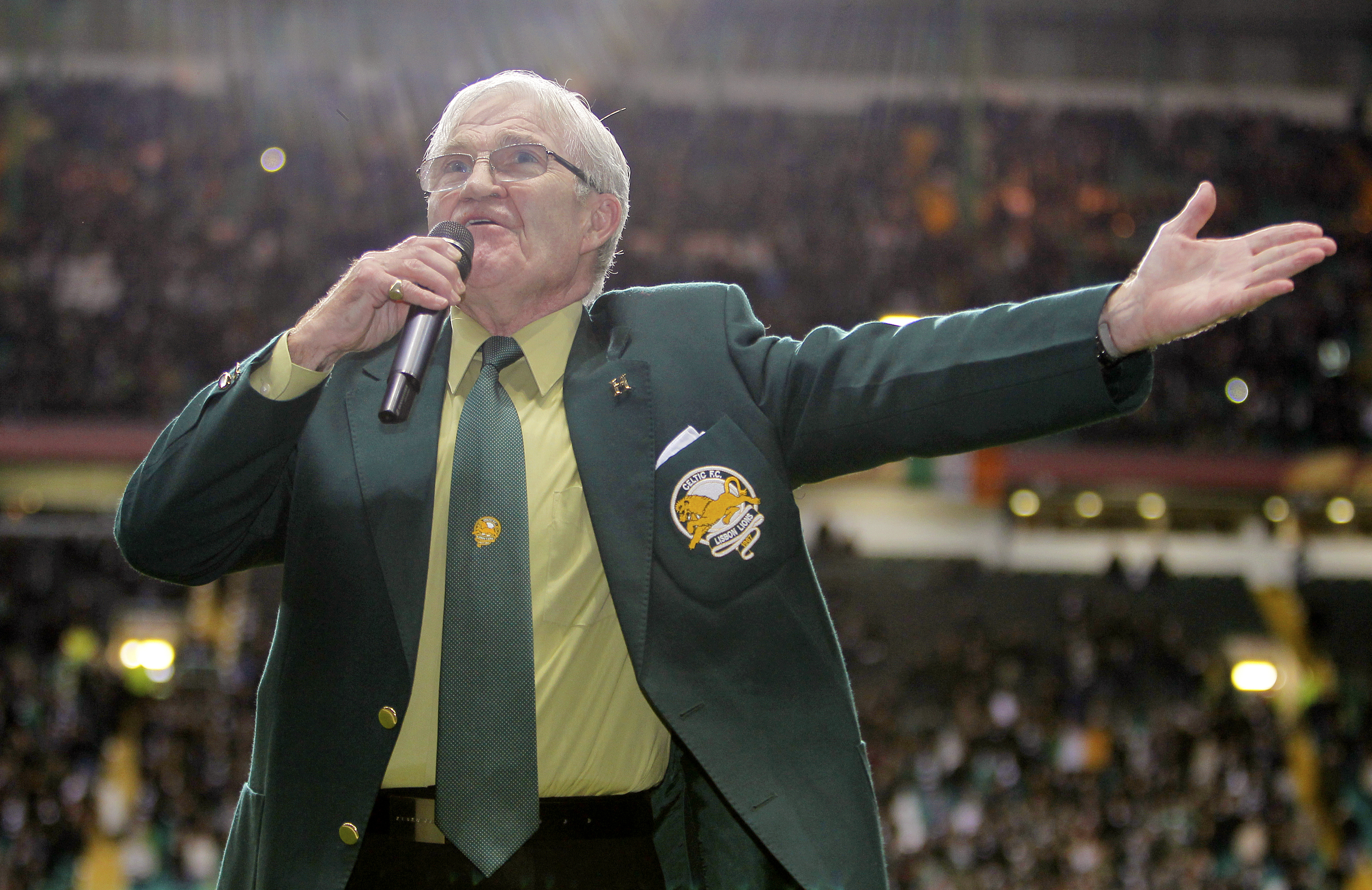
Times were tight and he would often have to share a bed with his siblings in their tiny two-bedroomed home in Panmure Street – just a goal-kick away from Partick Thistle’s Firhill ground in the Maryhill district of Glasgow.
That continued even after he signed for Celtic in 1955 following a spell with junior outfit Maryhill Harp.
In his autobiography, Auld remembers his mother giving him a “treat” after being handed his first full-time contract by then Parkhead boss Jimmy McGrory – he was allowed to choose which side of the bed he would sleep on.
“Well, one of my brothers had a wee bit of a problem holding his water sometimes,” he recalled. “So I immediately said, ‘I’ll take the shallow end!’”
Auld – whose ability to dish out meaty tackles was also matched by his ability to thread a pass and find the net – had two stints at Celtic Park but the first six-year spell coincided with a barren period for the Hoops.
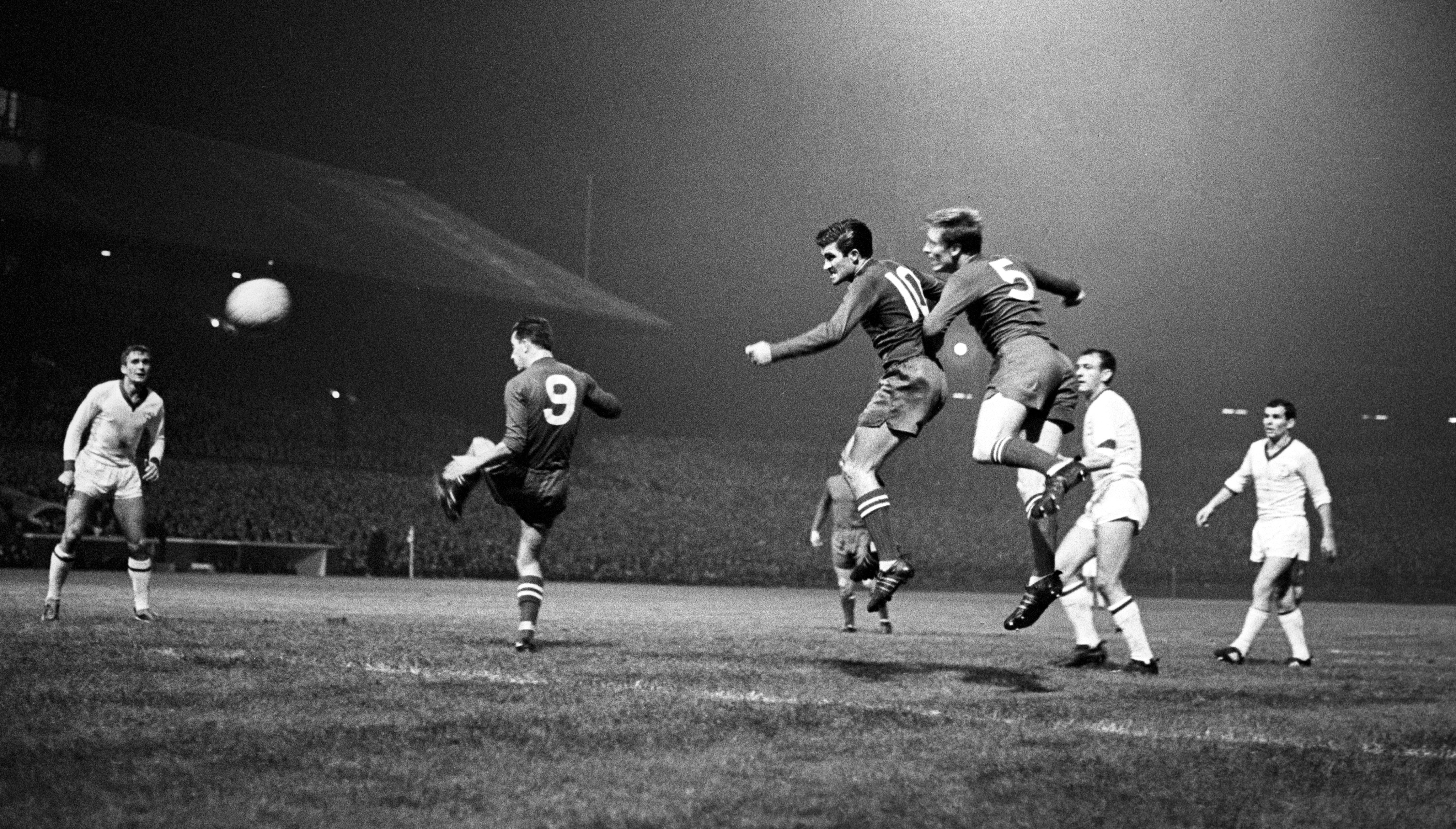
A number of run-ins with Bob Kelly – the then all-powerful Celtic chairman who even on occasion had the final say on team selections – saw him sold to Birmingham for £15,000 in 1961.
It took time to settle in the Midlands and he is best remembered at St Andrew’s for decking England star Johnny Haynes during a confrontation with Fulham.
But Auld – who married his wife Liz during his time with the Blues – pined for a return to his first love, Celtic.
That opportunity came as Kelly’s grip on the club loosened after Jock Stein was appointed manager in 1965.
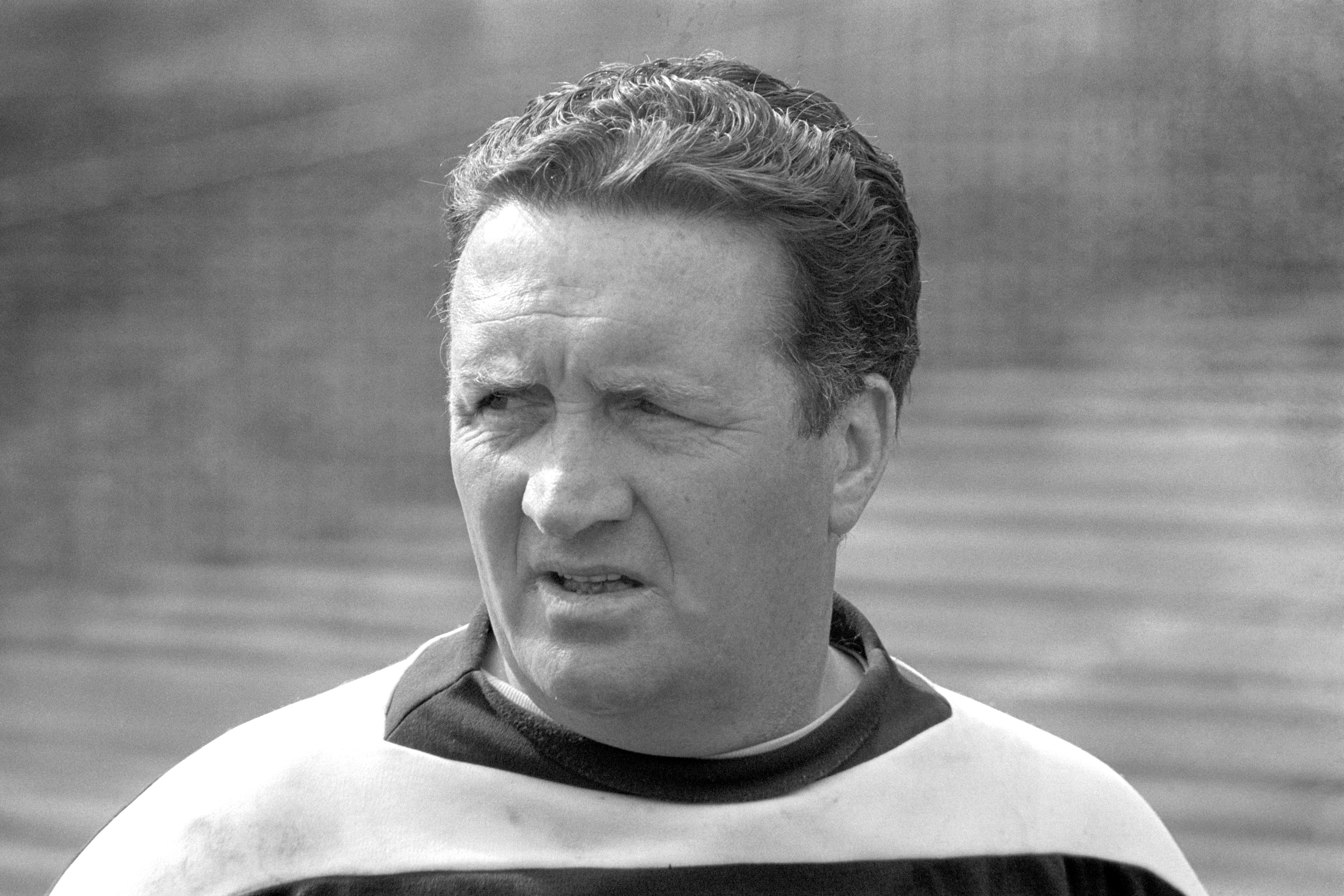
Within weeks the Hoops’ eight-year trophy drought had ended as the Scottish Cup was claimed. That triumph would spark an era of domestic domination that stretched to nine straight title wins.
Auld was officially signed by interim boss Sean Fallon in January 1965 but it was on Stein’s orders as he served out his notice period with Hibernian before officially taking over at Parkhead.
If Auld’s first period with Celtic had coincided with a grim, trophyless spell, his second was positively glorious as Stein’s team swept all aside, climaxing in victory over Inter Milan in the 1967 European Cup final.
Auld famously left the Italians looking on bewildered as he burst into the Celtic Song in the tunnel before kick-off – and Celtic certainly went on to hit all the right notes in Lisbon.
He almost grabbed a bigger share of the limelight himself as he cracked the crossbar with a long-range strike but the 2-1 win ensured all of Stein’s men would have their names written into Celtic folklore.
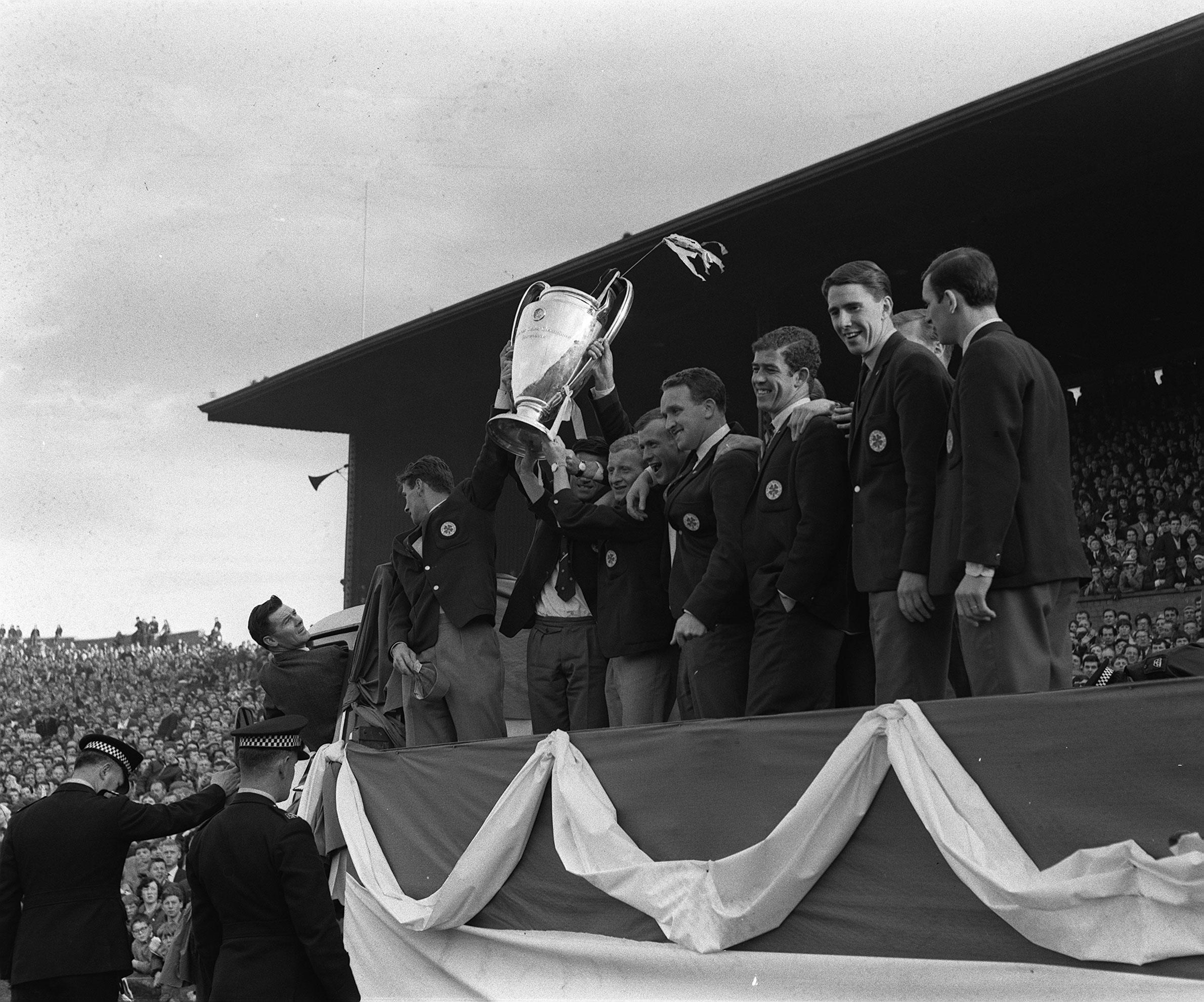
Inter, under Helenio Herrera, had mastered the art of defending with their Catenaccio tactics but Auld later declared: “We demolished the notion you could only be triumphant if you concentrated mainly on defence. It was a victory for the good guys.”
There were regrets, however, such as his side’s failure to turn European glory into global domination as they lost out to Racing Club of Argentina in the Intercontinental Cup play-off.
The rough-house tactics of the South Americans finally broke the Scots’ cool in the third-match decider in Montevideo, Uruguay. Celtic had four players sent off but the Paraguayan referee’s lack of control during an ugly, bad-tempered clash was summed up when Auld was allowed to stay on the pitch as he refused to walk after being ordered off himself.
And defeat to Feyenoord in Milan denied Auld and his colleagues a second European Cup winners’ medal.
After 279 appearances and 85 goals, he left Celtic in 1971 having claimed six league titles, four Scottish Cups and five League Cups – plus his life-long membership of the Lisbon Lions.
🦁 10 weeks to go…— Celtic Football Club (@CelticFC) March 16, 2017
Despite playing such a vital part in the Parkhead outfit’s historic achievements, Auld was only rewarded with three international caps, all in a seven-month period during 1959. Perhaps the fact he became the first Scotland player to be sent off when he lashed out in retaliation at a Dutch opponent on his debut contributed to his meagre appearance tally.
Before hanging up his boots he had spells at Hibernian and later managed the Easter Road side. He also twice returned to his native Maryhill to manage Thistle and had stints in charge of Hamilton and Dumbarton.
But his closest ties were to Celtic and in the years that followed he could be found on the club’s TV channels or holding court with fans in the Parkhead hospitality suites, reciting his never-ending repertoire of stories – and delivered always with a typically killer punchline.
Auld is survived by his wife Liz, daughter Susan and son Robert.
